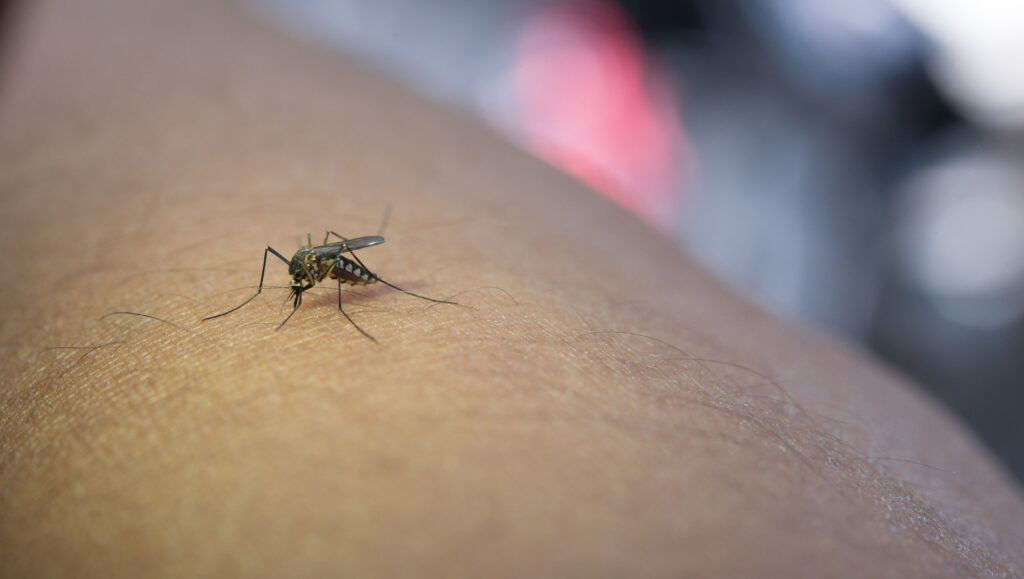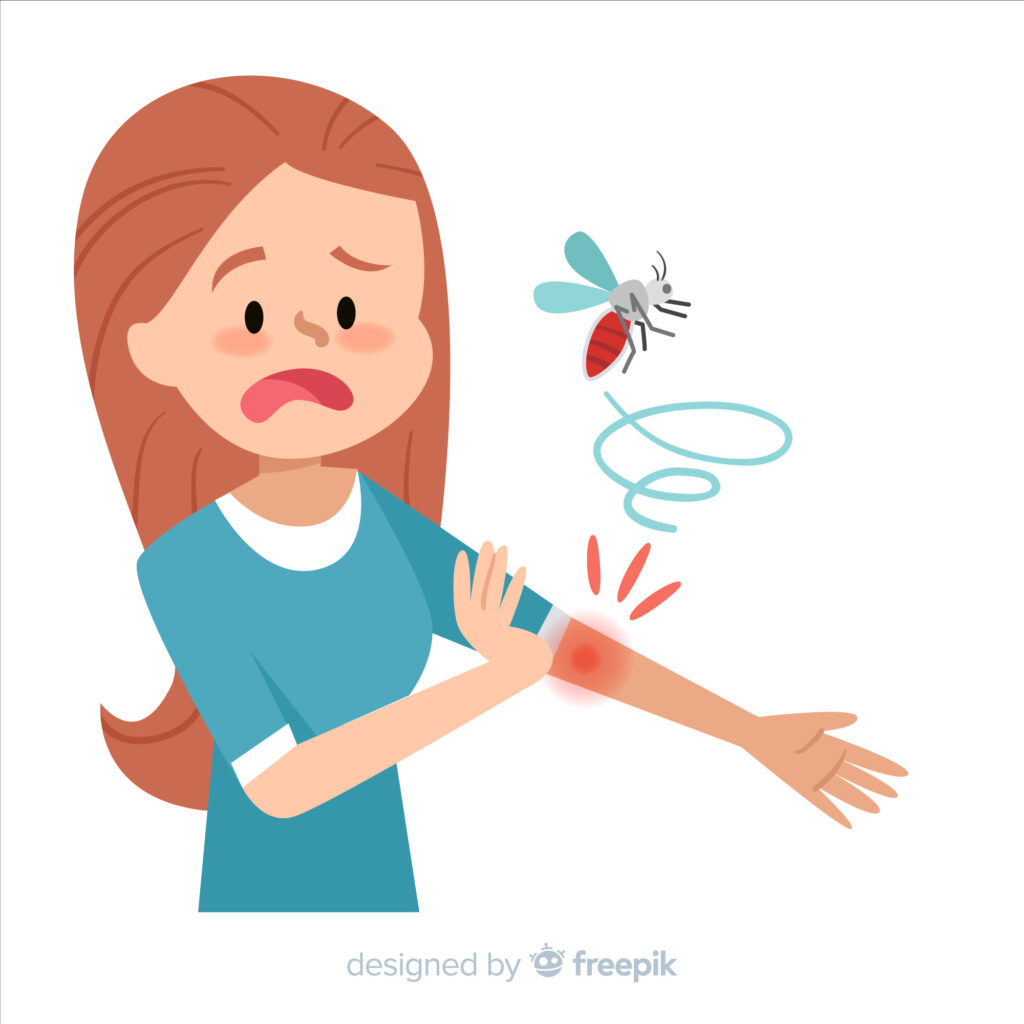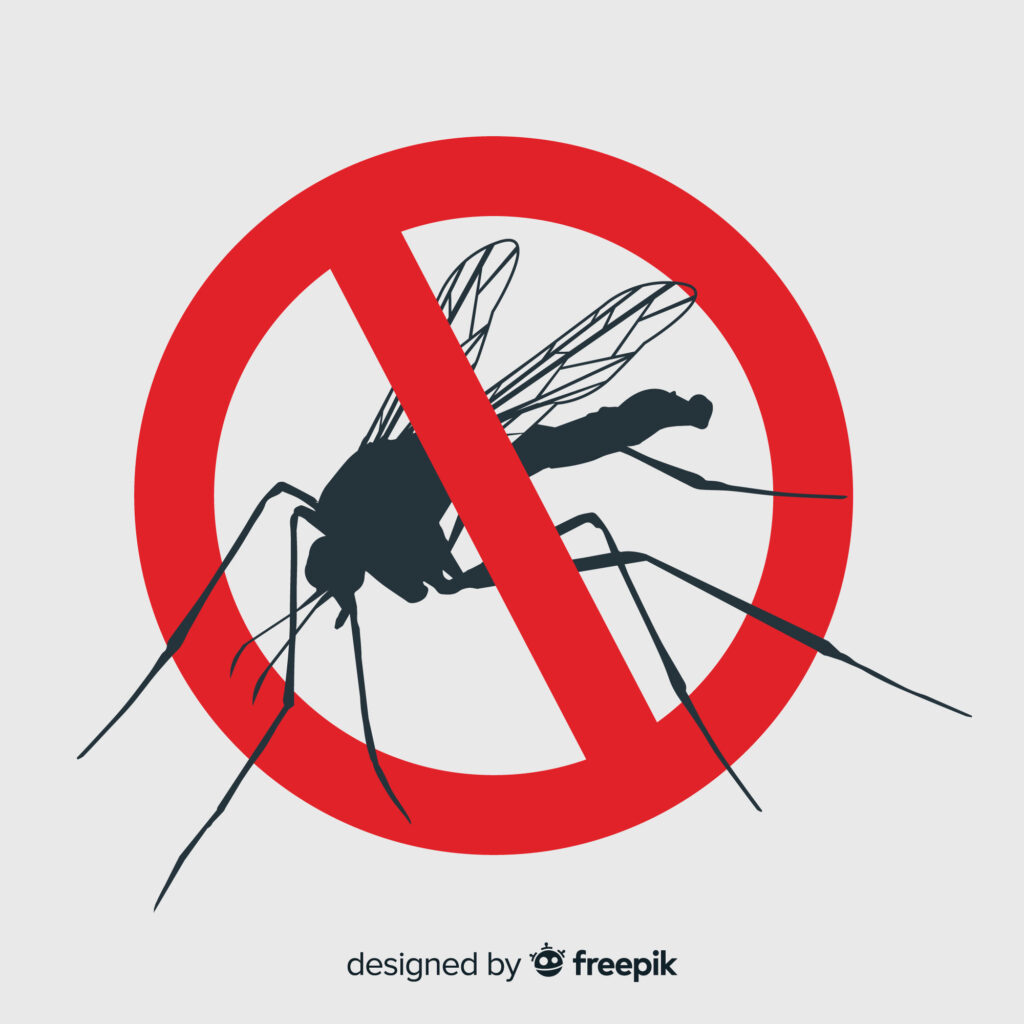
Welcome to our comprehensive guide on 5 Things You Need to Know About ‘Skeeter Syndrome’! If you’ve ever had an allergic reaction to a mosquito bite, you might be dealing with more than just a minor annoyance. ‘Skeeter Syndrome’ is a real condition, and understanding it can make a huge difference in how you handle mosquito bites. We’re going to explore:
- What Exactly is ‘Skeeter Syndrome’?
- Symptoms and Signs to Watch Out For
- Effective Home Treatments for Relief
- When to Consult a Doctor
- Prevention Tips to Avoid ‘Skeeter Syndrome’
Ready to dive in? Let’s get started!
What Exactly is ‘Skeeter Syndrome’?
Imagine you’re enjoying a perfect summer evening, only to be rudely interrupted by an itchy, swollen mosquito bite. Now, multiply that discomfort by ten. That’s what people with skeeter syndrome experience. This intense reaction isn’t just a fluke; it’s your body’s way of reacting to specific proteins in mosquito saliva. Some might brush off mosquito bites as a mere nuisance, but for those with skeeter syndrome, the aftermath can be daunting.
Symptoms and Signs to Watch Out For
One day, you might find yourself dealing with mosquito bite allergy symptoms that seem over-the-top. We’re talking about redness, swelling, and sometimes even fever. If you notice these mosquito bite infection symptoms, it’s crucial to know you’re not alone. The most common signs of skeeter syndrome include extensive swelling (even hard lumps!), a rash (yes, a skeeter syndrome rash), and a warm feeling at the bite site. If left untreated, these symptoms could escalate, and nobody wants to deal with a severe reaction to mosquito bites.
Effective Home Treatments for Relief
When those unwelcome bites turn into a full-blown allergic reaction, knowing how to handle mosquito bite swelling treatment can feel like a superpower. Luckily, there are many effective methods to relieve mosquito bite swelling. Ice packs, over-the-counter antihistamines, and hydrocortisone creams are your best friends. These treatments provide much-needed mosquito bite allergy relief and can reduce the itchiness and swelling that come with skeeter syndrome. Trust us, your future summer self will thank you for being prepared!
When to Consult a Doctor
Sometimes, home remedies aren’t enough to tackle the beast that is skeeter syndrome. Knowing when to seek professional help is crucial. If you notice that your mosquito bite allergy symptoms are not improving after a few days or are getting worse, it might be time to consult a doctor. Signs like severe swelling, intense rash, or signs of a mosquito bite infection (such as pus or extreme redness) may require medical intervention. Trust your instincts; it’s always better to be safe when dealing with a severe reaction to mosquito bites.
Prevention Tips to Avoid ‘Skeeter Syndrome’
As the saying goes, prevention is better than cure. Avoiding mosquito bites entirely can save you from the discomfort of skeeter syndrome. Simple steps like using insect repellent, wearing long sleeves and pants in mosquito-prone areas, and sleeping under mosquito nets can work wonders. Not only will these tips help in mosquito bite allergy prevention, but they’ll also let you enjoy the great outdoors without the looming fear of an allergic reaction to insect bites. Being proactive about prevention can significantly reduce your chances of developing skeeter syndrome symptoms in the first place.
What Causes Skeeter Syndrome?
Understanding the root cause of skeeter syndrome can demystify the condition. The primary culprit? Proteins in mosquito saliva that your immune system views as a threat. This triggers an allergic reaction to mosquito bites, resulting in symptoms that go beyond usual itching and swelling. By knowing what causes skeeter syndrome, you can better anticipate and manage this pesky condition. Understanding your body’s unique reactions can empower you to take the necessary steps to prevent and treat future occurrences.
Skeeter syndrome is more than just a fancy term for an itchy mosquito bite; it’s a condition that can seriously affect your quality of life. From recognizing the symptoms and knowing effective home treatments to understanding when to consult a doctor and taking proactive steps to prevent bites, there are many ways to manage and even avoid this pesky situation. Remember, knowledge is power. By being informed about skeeter syndrome and its myriad aspects, you can take control and enjoy the outdoors without the fear of a painful and severe reaction. Stay safe, and may your summer evenings be buzz-free and pleasant!

